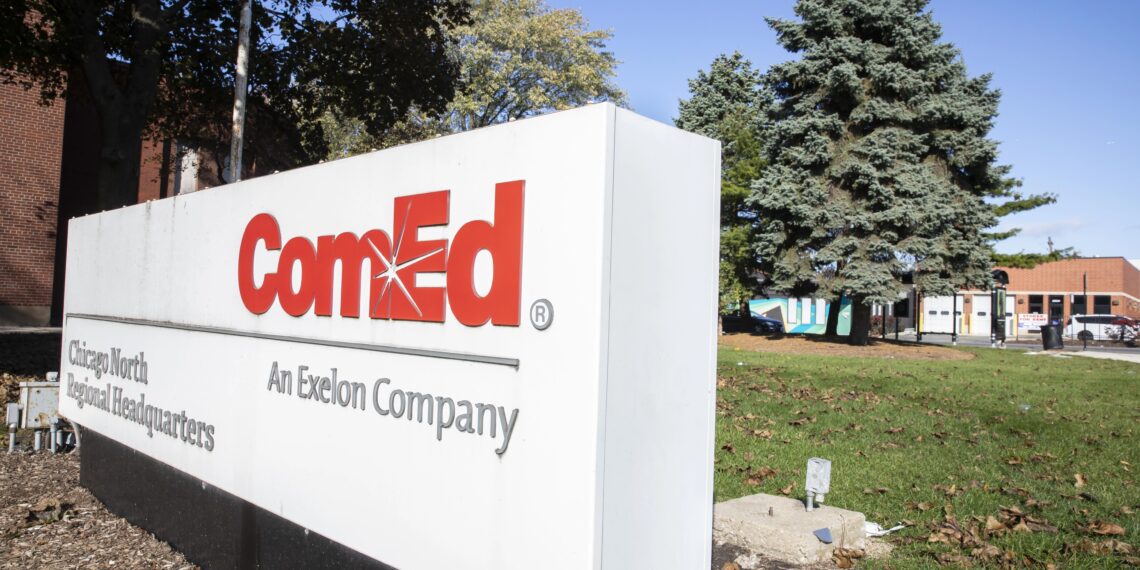By Illinois Review
Behind closed doors in the Illinois Capitol, Democrats are fast-tracking an almost 1,000-page energy package in the last 48 hours of the Fall Veto Session – a bill that critics are calling “The One Big Beautiful Battery Bailout.”
The proposal would require Illinois ratepayers to fund 20 years of guaranteed revenue to private battery-storage developers – some backed by trillion-dollar Wall Street hedge funds like BlackRock, Brookfield Asset Management, and Goldman Sachs Infrastructure Partners.
Supporters claim the measure is about “grid reliability” and “clean energy transition.” But opponents say it’s a brazen transfer of wealth from working families and small businesses to the global financial elite – locking Illinois consumers into decades of rate hikes and corporate welfare.
At the center of the bill is a mandate for the state to procure 3 gigawatts of grid-scale battery storage – one of the largest such programs in the nation. Developers who win these contracts would receive guaranteed annual payments directly from ratepayers’ electric bills, whether or not the batteries are used or deliver measurable savings.
In other words, risk is socialized — profit is privatized.
Even some Democrats are uneasy. Labor unions worried the bill lacks strong job provisions, and business groups, including the Illinois Manufacturers Association and Illinois Industrial Energy Consumers, warn of devastating impacts on manufacturers and small businesses already struggling with high electricity costs. Even the Illinois Municipal League and Illinois Farm Bureau are opposed.
Republican legislators have seized on the issue, branding it “The Battery Bailout” and calling for hearings and a fiscal analysis before any vote.
Consumer advocates argue the structure mirrors the same type of closed-door policymaking that led to the ComEd corruption scandal – where politically connected insiders used ratepayer-backed legislation to enrich themselves at public expense.
If passed, analysts estimate the measure could add hundreds of millions – even billions – in long-term obligations to Illinois electric bills. And because the contracts are backed by statute, they would be nearly impossible to undo without subjecting the state to massive litigation.
The bill’s backers insist it’s necessary to modernize Illinois’ electric grid. But critics say innovation should be driven by competition and accountability – not 20-year subsidies buried in utility bills.
As debate intensifies in the final days of the veto session, one thing is clear: Springfield is once again testing how much Illinois taxpayers are willing to pay for “progress.”
For Wall Street, it’s a beautiful deal. For everyone else, it’s just another billionaire Battery Bailout on the backs of working families.
By Illinois ReviewThe Illinois Republican Party is once again proving that corruption in Springfield is not confined to Democrats. As conservative voters demand accountability and transparency, party insiders...
Read moreDetails








